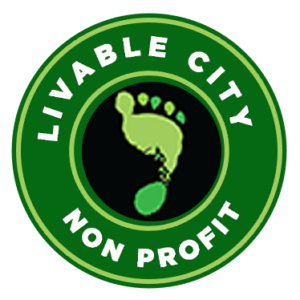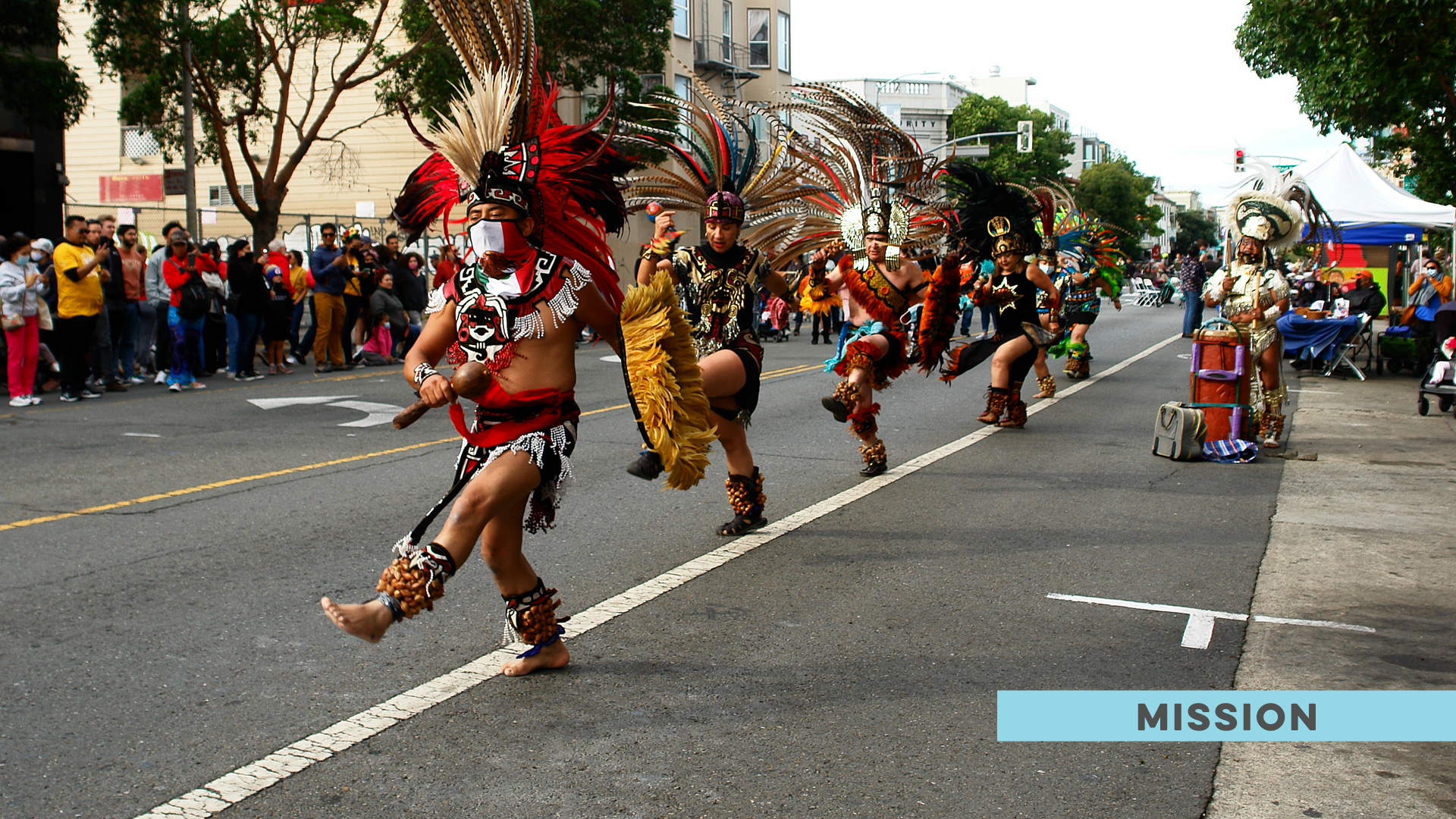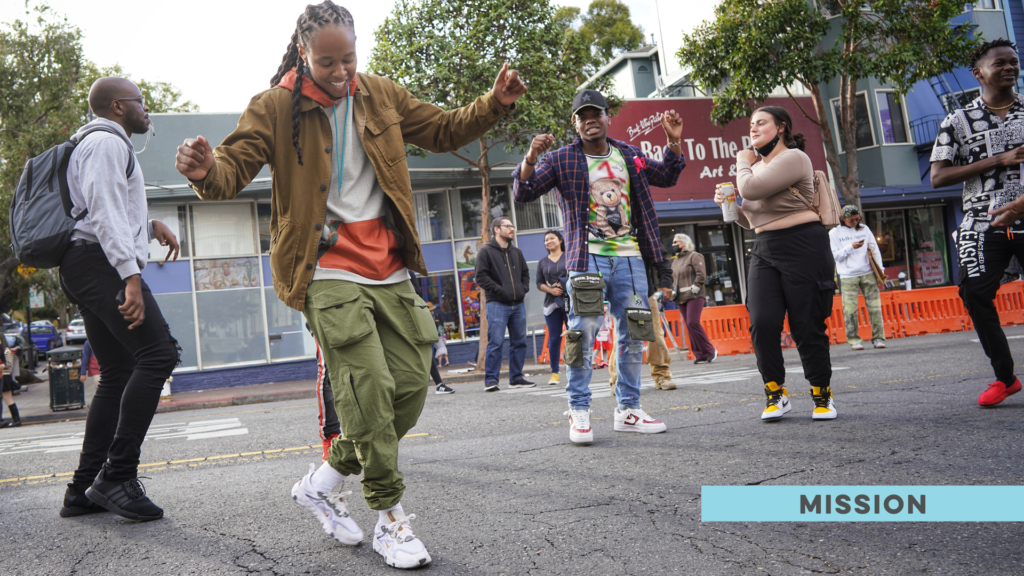
Valencia Street is one of the City’s liveliest commercial and residential streets, and a popular place to walk. It’s one of the most important cycling routes in the City, second only to Market Street. It’s in a transit-rich neighborhood, served by two BART stations, frequent Mission Street transit, and several crosstown bus routes. It even has two public parking garages located less than a block away. The vast majority of people who shop, dine, or drink on Valencia don’t drive there.
Despite its importance as a walking and cycling street, Valencia remains one of the most dangerous places to walk and cycle in the City.
Several years ago, SFMTA installed protected cycle paths along Valencia from 15th to Market streets, which made the street safer for people on bikes. MTA also proposed, but never installed, a curbside protected cycle path pilot from 19th to Cesar Chavez streets.
Then the pandemic hit. To survive, restaurants and bars needed to move eating and drinking outside. Aside from the 15th to 19th stretch where sidewalks were widened a decade ago, Valencia’s narrow sidewalks were inadequate, but restaurants and bars were allowed to build dining decks in curbside parking and loading spaces. Many of these have proved popular and have remained. The Valencia merchants, with assistance from Livable City, organized Valencia Shared Spaces – car-free blocks during Friday evenings and Saturdays which created space for residents and visitors to walk, eat, drink, bike, socialize, enjoy music, and play.
Online delivery services also exploded during the pandemic. Double-parked cars clogged Valencia’s unprotected bike lanes, making them increasingly unusable for cycling, and making Valencia an even more dangerous place to walk and cycle. The tragic death of Wan Mei Tan, who was struck and killed on January 10 by a left-turning car at 16th and Valencia, underscores the urgency of making Valencia a safer street.
The SFMTA board will soon consider a pilot project intended to make the street safer for cycling, The proposed project will install center bike lanes between 15th and 23rd streets. The shift from curbside to center-running cycle lanes is intended to accommodate the post-pandemic proliferation of curbside parklets.
Reactions to the proposed pilot have mostly been negative. Many people who cycle on Valencia doubt the center lanes will provide necessary protection from vehicle traffic and loading, and are concerned about the awkward turning movements at intersections. Pedestrian safety advocates remain concerned about left turns from Valencia, like the one that killed Ms. Tan. Some merchants have concerns about how deliveries, parking, and loading will be accommodated.
SFMTA’s proposal also does nothing to make Valencia a better public place. The success of Valencia’s parklets and shared spaces show that Valencia desperately needs more space for people. SFMTA hasn’t developed competence in placemaking. The agency’s interventions typically use the traffic engineering toolbox to allocate space from one mode of transportation to another. The community was presented with only one alternative to react to.
Such a narrow design process doesn’t create great streets, and can set up a zero-sum, win/lose dynamic between different users of the street, along with rancor in the community.
What if we invited the Valencia community to share what kind of place it wants Valencia to be? What if that conversation revealed widely-shared agreements about the future of Valencia, as well as surfacing concerns and points of contention? What if some skilled designers were able to coalesce that input into a pilot design which could be quickly and cheaply constructed and installed on the street, so we could see how it actually works – adjusting it as needed, or trying something different if it doesn’t work the way we expect?
That’s exactly what Better Block does. The Better Block Foundation is a nonprofit that transforms blocks in communities around the country. Their design and installation process takes 120 days start-to-finish, empowering the whole community by inviting them to design a streetscape and quickly building their vision with low-cost, easy-to-install (or move) materials which can remain in place for a few months or longer.
A better block process is low risk. If the community conversation deadlocks, then folks can quickly move on. If what’s installed doesn’t work as intended, it can be easily modified or removed.
We are asking SFMTA to commit to a better block process on one or more blocks of Valencia, and implement the better block (or blocks) no later than May 1, 2024, whether or not they decide to move forward with the proposed center bike lanes pilot. Better block is a process, not a specific design, yet it’s not intended to further stall or preclude effective action. If the better block process identifies a design that resonates, improving safety while providing other benefits, then one or more blocks of Valencia would be modified and evaluated alongside the other pilot blocks. If the better block proves successful, the community can opt to move it towards permanence.
Whether you favor moving ahead SFMTA’s center-bike lane pilot, one of the community side-running bikeway proposals, or are undecided, we invite you to join us in calling on SFMTA to engage the entire community in a Better Block process for one or more blocks of Valencia. It’s a low-cost, low-risk commitment which opens the possibility of bringing the community together to transform Valencia into a safer, greener, more inviting, and more inclusive place for everyone.
Join us in calling on SFMTA to commit to a better block process on Valencia. You can email them MTABoard@sfmta.com. And let Supervisor Ronen know you support better block: hillary.ronen@sfgov.org. You can use this tool to email the MTA board and supervisors Ronen and Mandelman.

